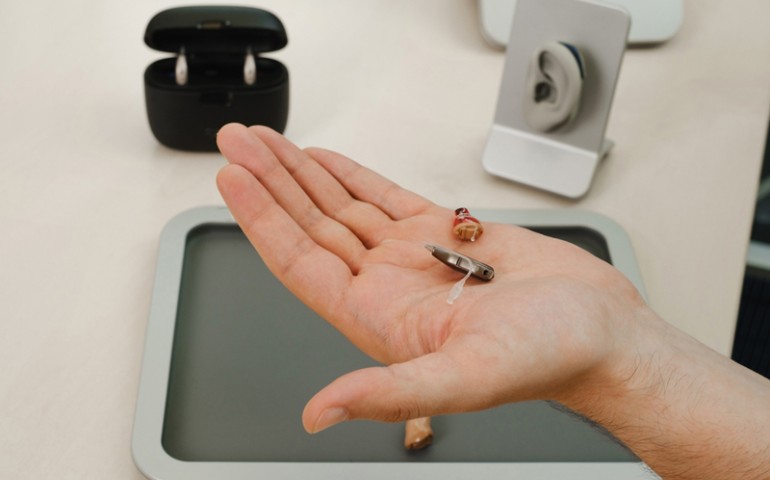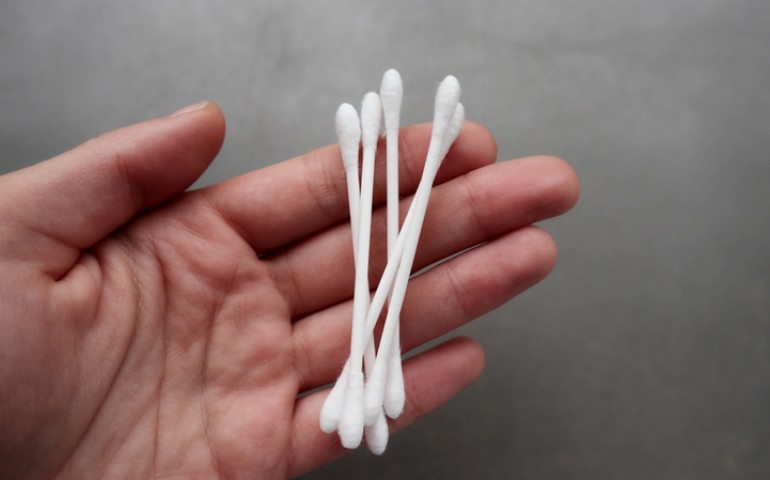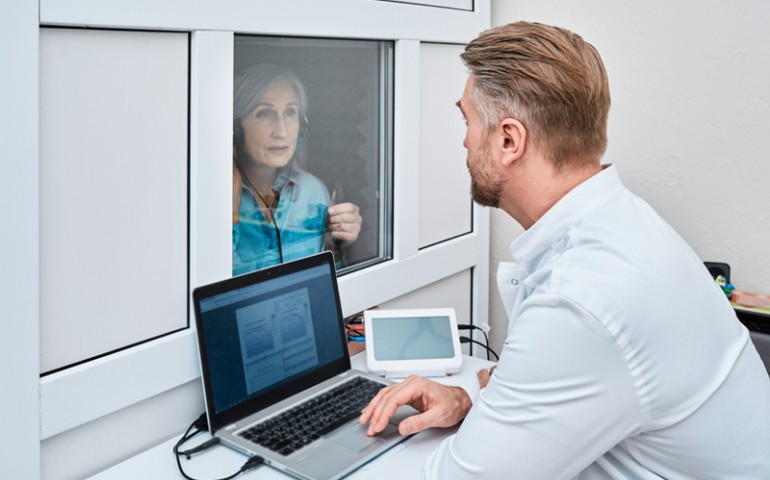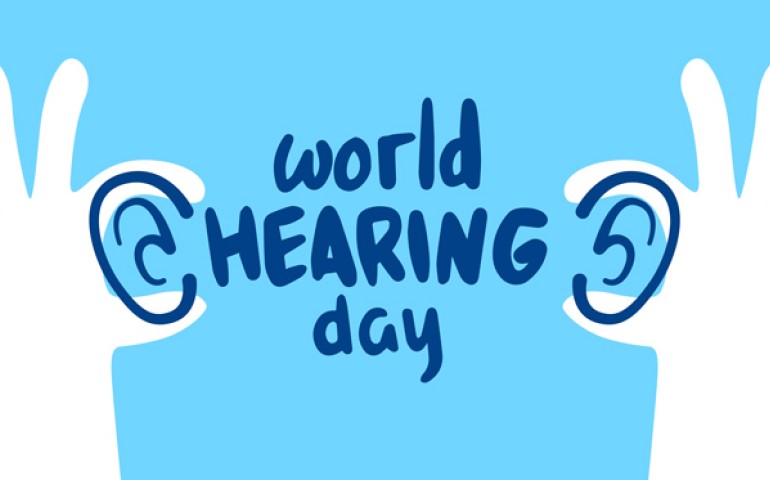How to Enjoy Listening to Music After Hearing Loss
Listening to music is one of the great joys of life. But if you're living with hearing loss, you may either not listen to the sounds you love on a regular basis anymore, or you might forgo listening to music altogether.
Whether you're a casual music fan or a professional singer or musician, not being able to fully enjoy listening to music can be frustrating. Luckily, there are many ways to immerse yourself in the sounds, beats, and rhythms that appeal to you after hearing loss.
The Impact of Hearing Loss on Music Enjoyment
The sounds produced by music are different from those created when someone is speaking. If you play music, hearing loss can make it difficult to tell where various sounds are coming from or affect the ability to clearly distinguish between changes in tones. And while hearing aids are often effective for improving the ability to hear speech and communicate verbally, there are some limitations to the ability to fully interpret musical sounds.
Visit an Audiologist and Learn a New Set of Useful Skills
Start by finding out what's going on with your hearing. An audiologist can perform specialized tests to determine the nature and extent of your hearing impairment. Even if hearing aids are beneficial, there's often a need for musicians, singers, or music lovers to make some adjustments. This means learning a new set of skills and making some adjustments by focusing on:
- Listening
- Visualization
- Vocalizing
Experiment with Hearing Aid Technology
Today's hearing aids come with an assortment of useful features that can be helpful if you use the right ones for your preferences and hearing-related needs. This is often a trial and error process, but finding the right combination with adjustments and hearing aid features is often possible.
Some hearing aids also have self-tuning or adjusting features that can be beneficial. These features automatically adjust based on what kind of sounds need to be amplified. A hearing care specialist or audiologist can also help you fine-tune your hearing aids to make it easier to listen to music.
Pay Attention to Your Earpiece
Made of silicone or acrylic, earpieces can slip or move if you're singing along with your favorite tunes or singing for other purposes. This is also true if you’re moving around while listening to music. Get used to the feeling of having your earpiece in so you can quickly adjust it if it's falling out of place.
Adjust Your Music Listening Habits
Be open to listening to a wide variety of music that you enjoy. This gives you a chance to figure out what kind of music gives you a better hearing experience. Rhythmic music, for example, is more interactive as far as how you can absorb yourself in the listening experience. Also, start with simpler sounds, like solo instruments and small ensembles, to make the interpretation and differentiation of tones easier.
Call Us Today
As discussed above, today's hearing aid technology makes it much easier to get back to listening to the music you prefer to listen to regularly. The hearing specialists at Beltone Skoric Hearing Aid Center can help you explore the many possibilities with modern, user-friendly hearing aids and accessories appropriate for your needs.
Contact our hearing care team today to schedule an appointment.






